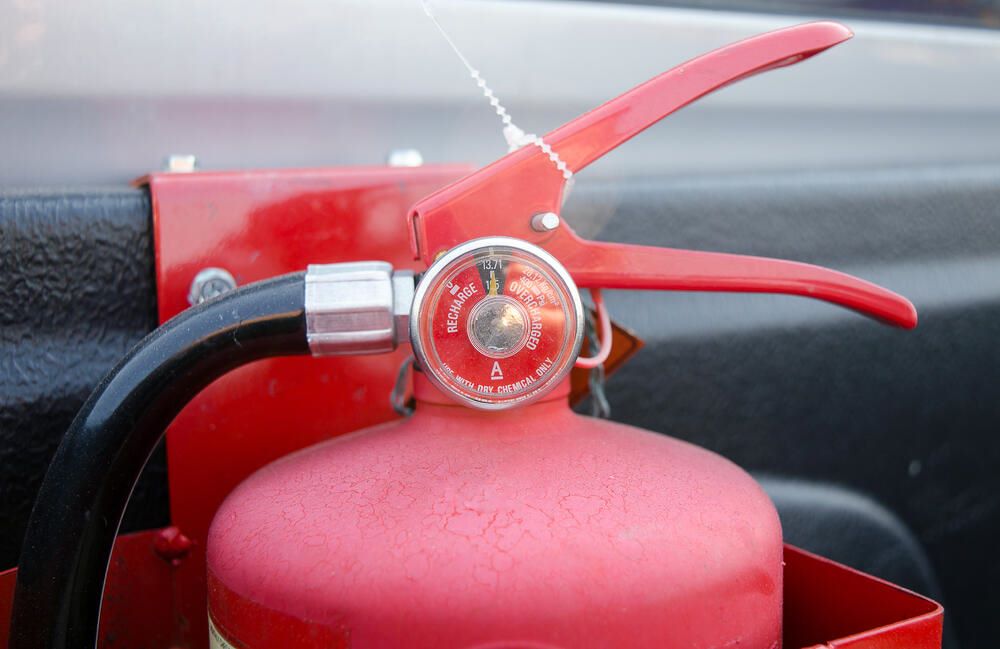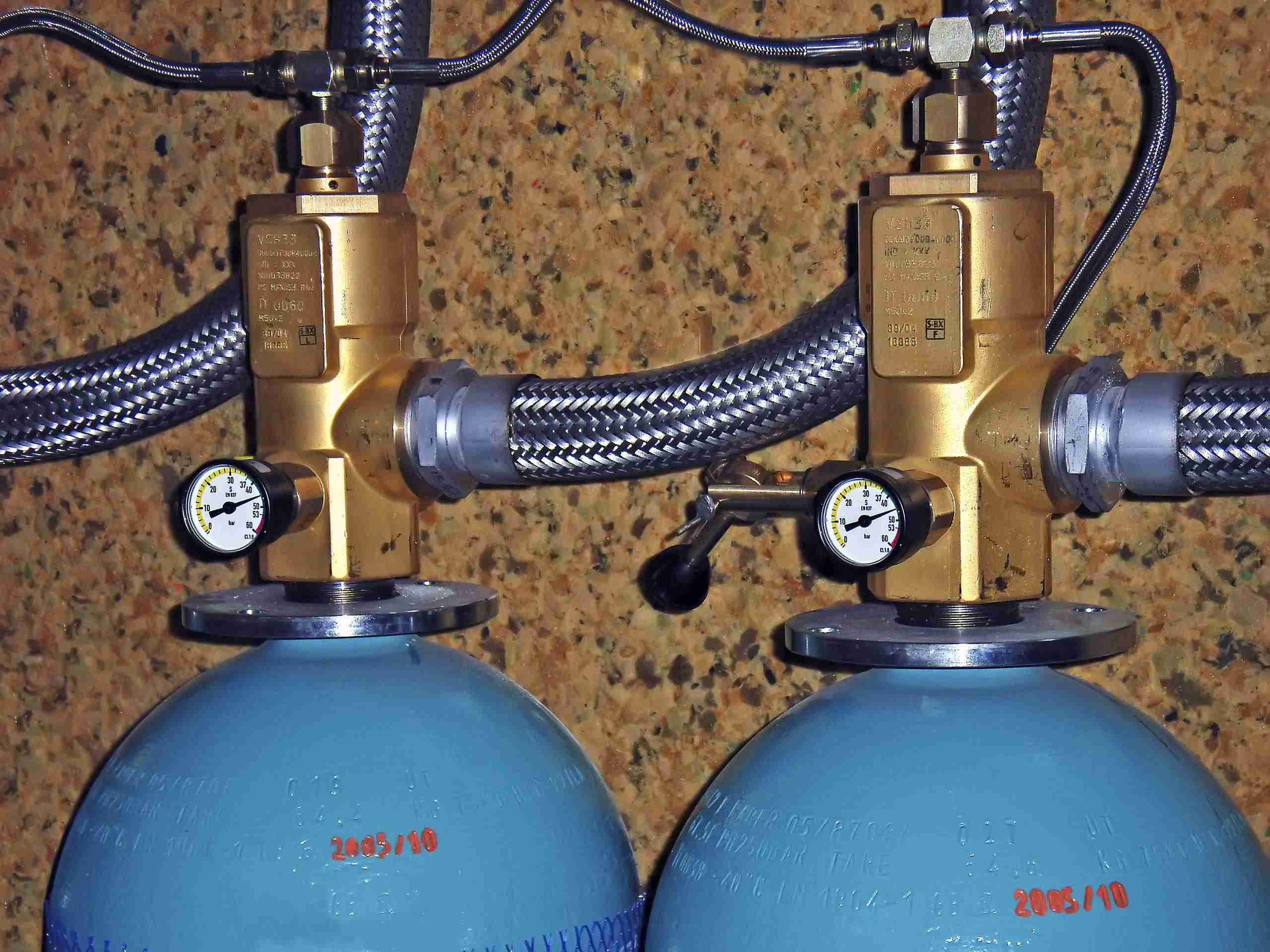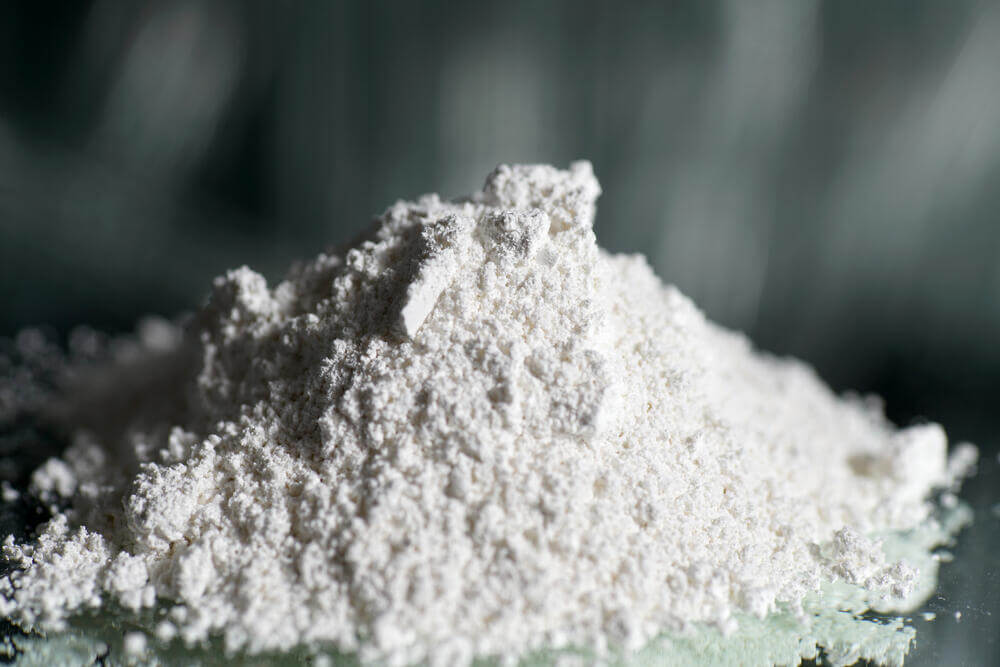Our Halon Sprinkler System solutions are designed to ensure optimal comfort, regardless of outdoor temperatures.
We identify & eliminate unnecessary energy consumption, leaving you with maximal functionality for the minimum annual energy cost.
All of our systems are designed with longevity in mind, saving you maintenance costs down the line.

Data centers, museums, libraries, and other water-sensitive areas are best treated with halon sprinkler systems. Halon sprinkler systems are scarce in this modern era but still efficient in suppressing fires and so only a few technicians can design, install and maintain them. Nearby Engineers New York Engineers is the best in these systems.
For many years we have been at the forefront of sprinkler engineering and fire protection services. We have developed many sprinkler systems you can think for in a quest to help residents get ready for fire emergencies. We know the information around the banning of halon sprinkler systems.
We are one of the fastest growing MEP design firms in the construction industry. We pride ourselves on having a fast turnaround while providing cost effective solutions. We are licensed in 50 states and are your one stop shop for all MEP design needs.
We are licensed in all 50 states!
We design to the perfection
Enjoy our lightening fast turnaround
We have completed so far!
Our designs are approved by DOB in one go
The best service experience in the market
Halon Sprinkler System is a sprinkler system that uses halon gas to extinguish the fire in water sensitive areas. This is one of the effective gases that suppress fires without leaving residues or messy cleanup. Typically, the system will be installed in a specific area where high-value assets are stored so that it can guard them against any fire build up.
Our design, installation, and maintenance of this system are unmatched. We have been serving a plethora of clients in Chicago, New York and other places with these designs. Because there is no longer a new production of halon, the current systems only need refilling of the gas. We provide that as well with our properly recycled gas.
The year 1994 unfolded a ban on the production of halon compounds on account that a Montreal Protocol in the 1980s had found the compounds as ozone-depleting. Thus this renders them environmentally unfriendly. However, the ban was only applicable to the manufacturing of new halon gas, not their recycling. The compounds are still popular today as fire suppressants.
The US Environmental Protection Agency has advocated the banning of these compounds. As a result, halon sprinkler systems became very unpopular with alternatives proposed.
However, there are still halon sprinkler systems which prove to be more effective than the alternatives that were devised. The efficacy of these systems has been refined throughout the years hence their current applications. Nearby Engineers New York Engineers are still offering and maintaining such systems due to this refinement of their use and impacts.
Halon compounds are classified into Halon 1301 and 1211. Halon 1301 is a popular and less toxic option that is stored as a gas and then discharged to disperse and extinguish a fire on the spot. Halon 12ll is relatively more toxic.
Sprinkler systems are enormously expensive to design, install and maintain, particularly in large buildings. That said, it is of no surprise to find out that there are old buildings that still use halon sprinkler systems for their combat against fire emergencies. The refined systems are less toxic to the ozone layer and very effective in suppressing fire in commercial or residential buildings. We understand these systems very well and we can, therefore, help maintain or repair it.
To convert from one sprinkler to the other is quite expensive. This makes homeowners reluctant to considering the recommended alternatives such as a clean agent or inert gases. They end up relying on halon compounds. Besides, halon sprinkler systems work differently from these alternatives as we shall highlight below.
The reason some buildings still have these systems is tied to the expensive price tag and efficacy of the system. Prior to the revelation of studies in the 1980s, Halon fire suppressants were predominantly used in high-value asset storages. Following the news of its ban, manufacturing was halted and its popularity reduced.
Halon sprinkler systems are effective in many applications. The aviation and IT industry still rely on this media to extinguish most fire emergencies in their assets. Halon gas is dry, non-conductive and non-corrosive, and this makes it a preferable over other media to suppress fires.
There are alternatives of course today to this gas, which also have their setbacks. The production of halon gas was halted but we continue having this gas in recycled form.

Due to the scarcity of these systems in today’s fire suppression applications, there is only a few who are capable to maintain or repair these systems. We have professional engineers with lots of years of experience and unmatched skills to maintain these sprinkler systems.
Like modern sprinkler systems, you need to maintain these systems. If they are damaged, then seek repair services to ensure that the system is always functional should a fire emerge. The system is like other sprinklers where you have to check valves, connections and overall components to ensure that there is no mechanical failure that can jeopardize its ability to fight fire emergencies.
Nearby Engineers New York Engineers can maintain and repair your halon sprinkler system. If you need a new one we can also help with the design, installation, and maintenance.

Well, if you have the budget set for the total shift from halon sprinkler systems then you may probably find the alternatives. With Nearby Engineers New York Engineers armed with an assortment of fire suppressants from clean agent to water-based suppressants, we can help you find the suitable alternatives you are looking. We design, install, maintain and repair these systems in Chicago buildings.
However, in spite of halon being flagged as an ozone-depleting gas, there is no legal obligation for buildings to change the current halon sprinkler systems. Only the production of new halon has been halted, and so current systems use recycled content.
Current halon sprinkler systems can still legally be recharged if depleted. Nearby Engineers New York Engineers can help you recharge them after discharge. We have lots of recycled halon gas to help you extinguish fires. The efficacy of this media makes it a preferred choice for extremely water-sensitive storages. Process control rooms, data centers, airplane cabins, and many more high-value assets storages rely on the efficiency of this sprinkler system.
Given the applicability and availability of recycled halon gas we have, you do not have to consider alternatives now unless you are financially prepared with a total re-installation of yet another sprinkler system in your premises. We may not have the newly produced halon but recycled halon gas is still more effective in water-sensitive and delicate areas than water sprinkler systems.
Imagine a scenario where a false alarm triggers water-based sprinkler systems in a data center or the storage room for archival collections. The damage could be catastrophic and irreversible. In such environments, you need a dry fire suppressant that will not expose assets to both water and fire damages.
Halon sprinkler systems are used extensively and predominantly in surgical suites, museums, data centers, libraries, archival collections, process control rooms, telecommunication switches, and other water-sensitive areas. This variety of applications makes these systems relevant today.
When you have this sprinkler installed, you know that inadvertent discharge will not be irreversibly damaging to your assets. That’s the main advantage of this sprinkler system.
Again unlike other fire suppressants particularly the clean agent and inert gases that focus on depleting the oxygen responsible for combustion halon, sprinkler systems work differently. Halon gas chemically disrupts the combustion by reacting with combustion compounds. That is an effective method to suppress the fire thus leaving your area will less fire damages.
Let us refill, design install or repair your halon sprinkler systems to continue having these benefits with a recycled halon gas.
It does not cost substantially to have this system installed in your premises. The recurring costs you have to factor in are for refilling the system after discharge. Generally, they are no expensive either when you let the best company do them for you. Nearby Engineers New York Engineers makes every service affordable to its clients. We do not over-engineer designs.
Typically, halon sprinkler systems cost would include the design, the installation, and maintenance. Our engineers will assess your building and then plan the overall structure of the system. We will then plan a network of pipes for halon gas compounds.
Like other sprinkler systems, it needs to be maintained regularly to ensure that the system works efficiently. Since it is gas, we have to monitor the pressure gauges to ensure that the gas has no leaked by mistake. We will also assess the pipes to see if there is no mechanical failure. Every component in the system is worth checking.
Halon sprinkler systems alone are effective in extinguishing fires. Like others, they suppress fires until firefighters arrive at the scene. Because of their main purpose of protecting delicate assets, there is totally no need to use them concurrently with water-based sprinklers in the same area.
However, in a large building, you may decide to install water-based sprinklers in some rooms while halon gas compounds are used in specific rooms storing water-sensitive equipment or archival collection.
For many years we have been at the forefront of sprinkler engineering and fire protection services. We have developed many sprinkler systems you can think for in a quest to help residents get ready for fire emergencies.
All sprinkler systems: wet, dry, deluge, pre-action, inert gases, clean agent and halon are our specialty. In all our designs, installations and repairs, we are guided by NFPA standards and adopted IBC (International Building Codes) standards. Our engineers have gone through the standards and so they know the outcomes of every sprinkler system.
We know the information around the banning of halon sprinkler systems. Thus we offer recycled halon gas compounds for your halon sprinkler systems. Whether you need a new system design or a refill, Nearby Engineers New York Engineers can come to your rescue.
382 NE 191st St , Suite 49674
Miami, Florida 33179551 Fifth Avenue, 9th Floor
New York, NY 10176